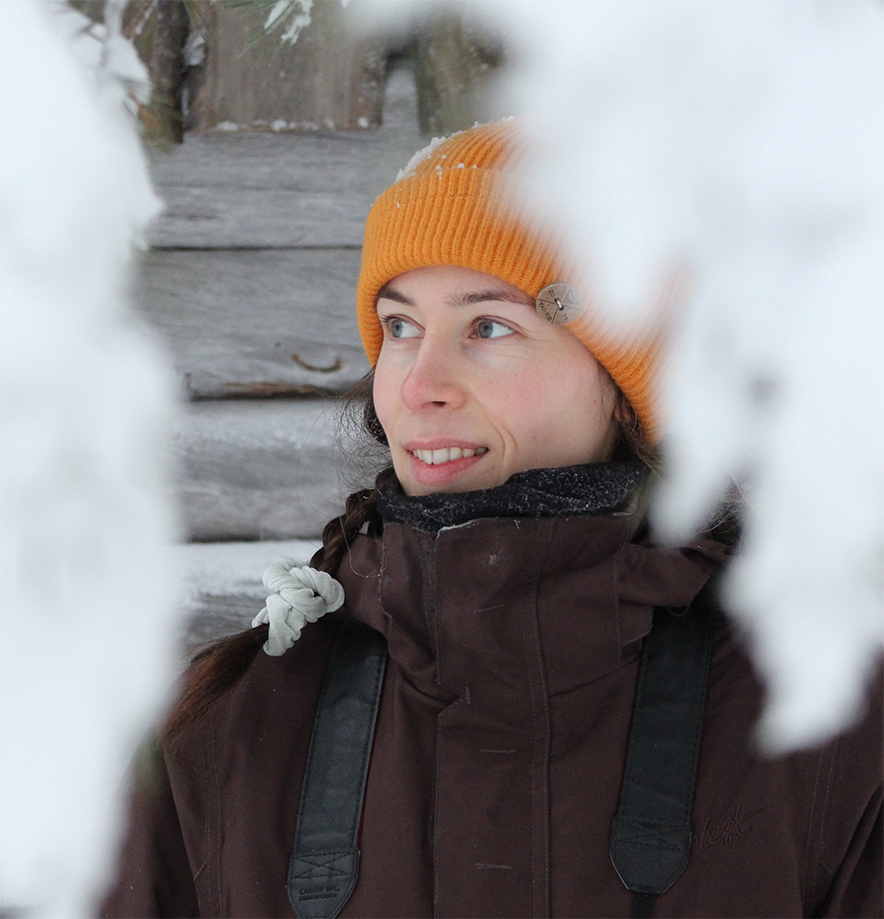The newest member of our NPE team, doctoral candidate Auni Haapala, is conducting her studies in the Unit of Gender Studies at the University of Lapland. Her multidisciplinary doctoral project focuses on the role of Arctic cities in the ‘makings of global extractivism’.
It is now a bit over a year ago when I often found myself thinking about Arctic cities. I had finalized my interdisciplinary master’s degree in climate change at the University of Copenhagen some years back, and since then, worked as an environmental expert and a researcher within urban climate and sustainability questions.
What started to catch my attention was the dominance of southern bigger cities in discussion about the roles of cities in climate and other environmental issues. Especially in the context of Arctic, where climate change and multiple forms of nature’s extraction pose major threats to local (and global) ecosystems and communities, the urban centers could be argued to have significant political-ecological roles. Instead, the focus on circumpolar middle-sized cities has remained at very margins. I really started to wonder: what exactly are the roles of Arctic cities in the processes of global extractivism, and shouldn’t we aim to understand these better?
As a result of these rounds of thoughts, I found the NPE research group at Arctic Centre and applied for the university’s doctoral programme.
Already in my master’s studies, I got very much inspired by feminist and political ecology perspectives, and ethnographic research design. I continue to apply these in my doctoral research with an added twist of critical urban studies. I use three Arctic “capitals”, Rovaniemi, Tromso and Murmansk, as the lens through which to approach the processes of extractivism. By examining the cities in parallel, I hope to trace the multiple different routes of Arctic extraction that operate in and through the cities in different cultural and political localities. Initially, the main routes to follow are nature-based tourism in Rovaniemi, large-scale fishery in Tromso, and oil and gas sector in Murmansk. In my fieldtrips, I aim to make sense how cities’ connection to certain extractive practices are understood by decision-makers, extractive industries, civil society and citizens, and what forms of resistance to extractivism emerge at the local level.
When my doctoral journey gets off to a full speed and stress levels start to hit the roof, you can find me from my get-away hobbies: hiking, kayaking, skiing, camping, running. The most enjoyable escapes from the worries of everyday life I also most certainly find, year after year, from Fred Vargas’ crime novels.
Auni Haapala

Photo: Paula Tarvainen